Dramatic videos capture the moment a massive iceberg breaks away from a glacier
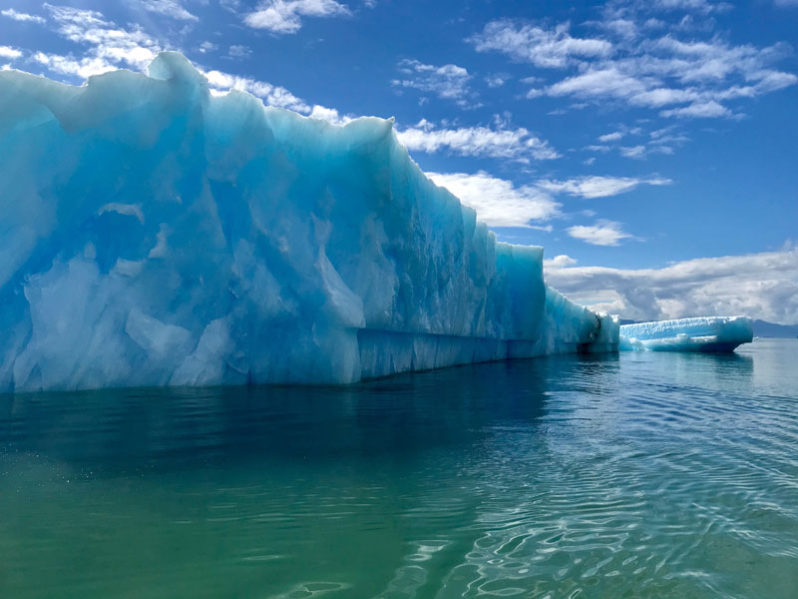
Scientists from New York University captured breathtaking video of a 4-mile-long iceberg breaking off Helheim Glacier in eastern Greenland. While captivating, the researchers see the video as an alarming look at global sea-level rise.
Op-Ed: Connecting Climate Change, Storms
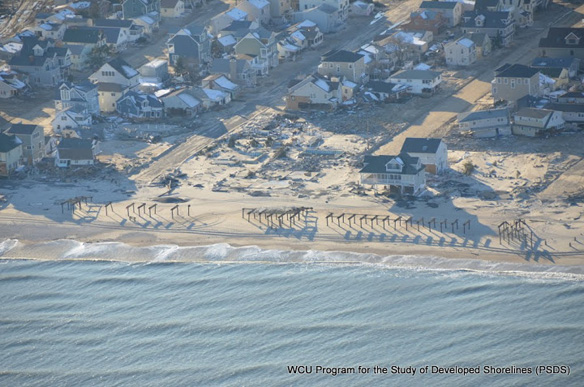
In a recent Op-Ed, environmental engineer Jason West implored the media to make the connection between intensifying storms and climate change. I couldn’t agree more.
Underwater walls could stop glaciers from melting, scientists say
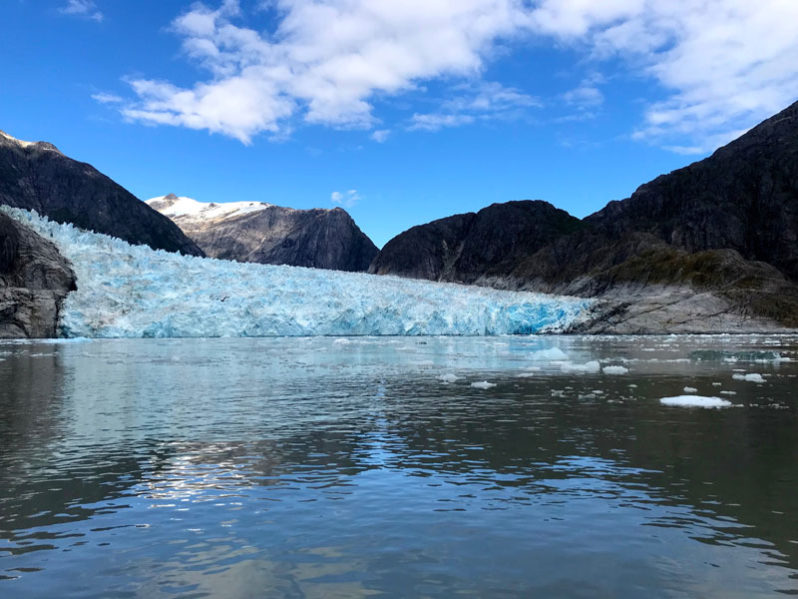
Barriers of sand and rock positioned at the base of glaciers would stop ice sheets sliding and collapsing, and prevent warm water from eroding the ice from beneath, according to new research.
Final Delta 2 rocket launches $1 billion ice probe

A United Launch Alliance’s 155th and final Delta 2 roared to life for the last time Saturday carrying a $1 billion NASA satellite into orbit to measure the thickness and extent of polar ice sheets, changes in sea level and the height of forest canopies and clouds.
Fossil fuel dependence poses ‘direct existential threat’, warns UN chief

United Nations secretary general António Guterres has warned that the world is facing “a direct existential threat” and must rapidly shift from dependence on fossil fuels by 2020 to prevent “runaway climate change”.
Rise for Climate: Protesters take to streets across the planet to demand action on environment

Hundreds of thousands of climate change protestors are gathering at some 850 events across 90 countries – and seven continents – in what is one of the biggest ever days of global action highlighting the issue.
‘Art can play a valuable role’: climate change installations appear in New York
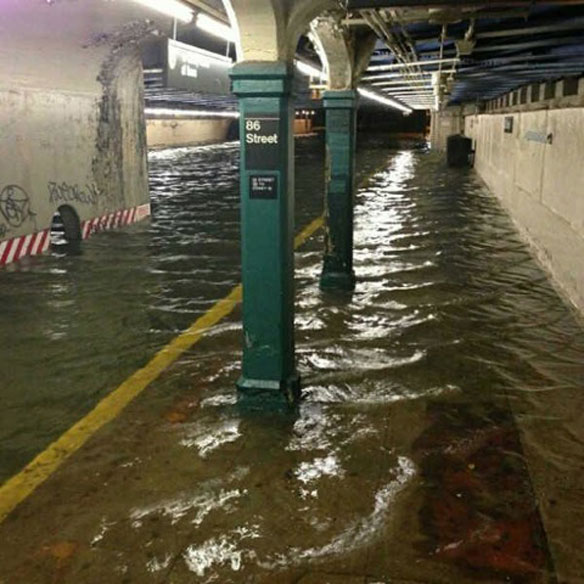
The existential threat of climate change is being spelled out to New Yorkers via a selection of flashing highway signs that have been placed around the city.
As waters rise, coastal megacities like Mumbai face catastrophe
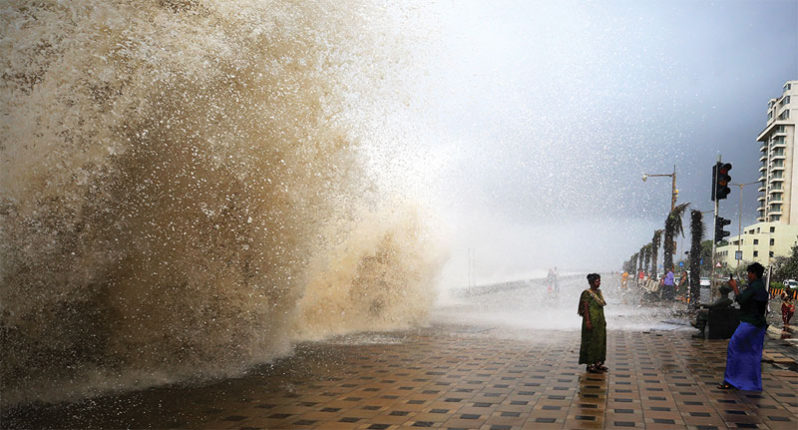
Mumbai and other fast-growing coastal megacities in Asia are particularly vulnerable to climate-related flooding. Twenty-one of the world’s 31 megacities hug a coastline, 13 of which are in Asia. These cities of 10 million or more often drive their national economies and are home to both rich and poor.
Most land-based ecosystems worldwide risk ‘major transformation’ due to climate change
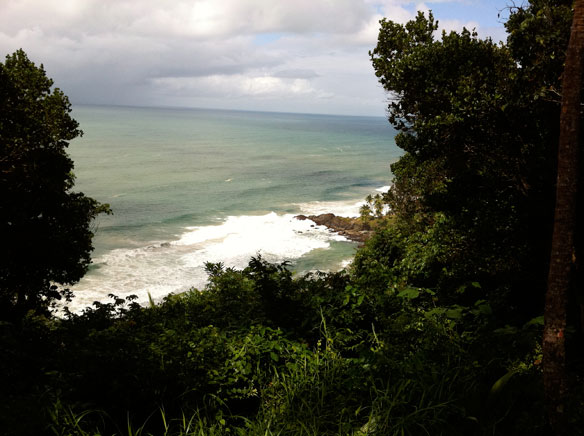
Under a “business as usual” emissions scenario, in which little is done to rein in heat-trapping greenhouse-gas emissions, vegetation changes across the planet’s wild landscapes will likely be more far-reaching and disruptive than earlier studies suggested.
